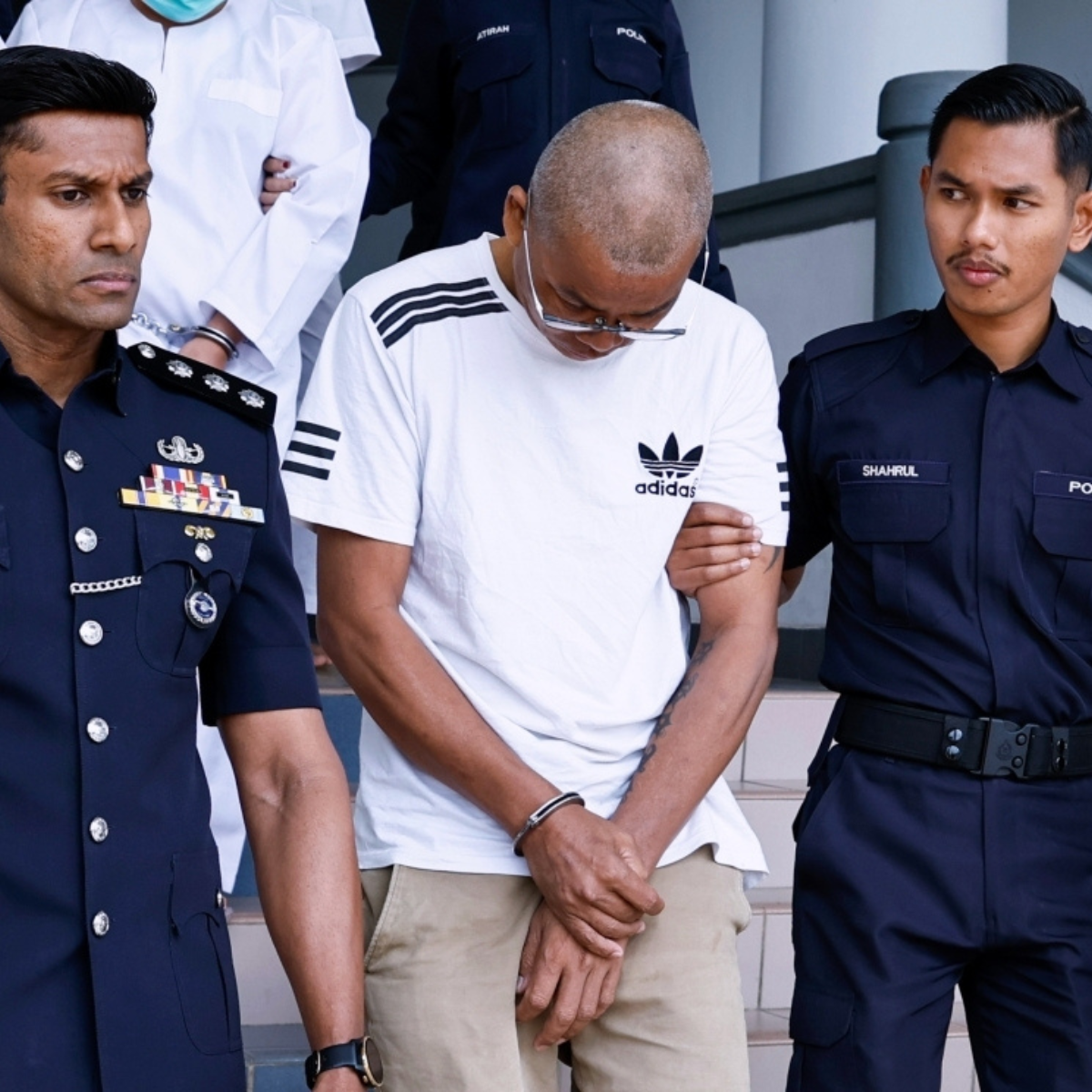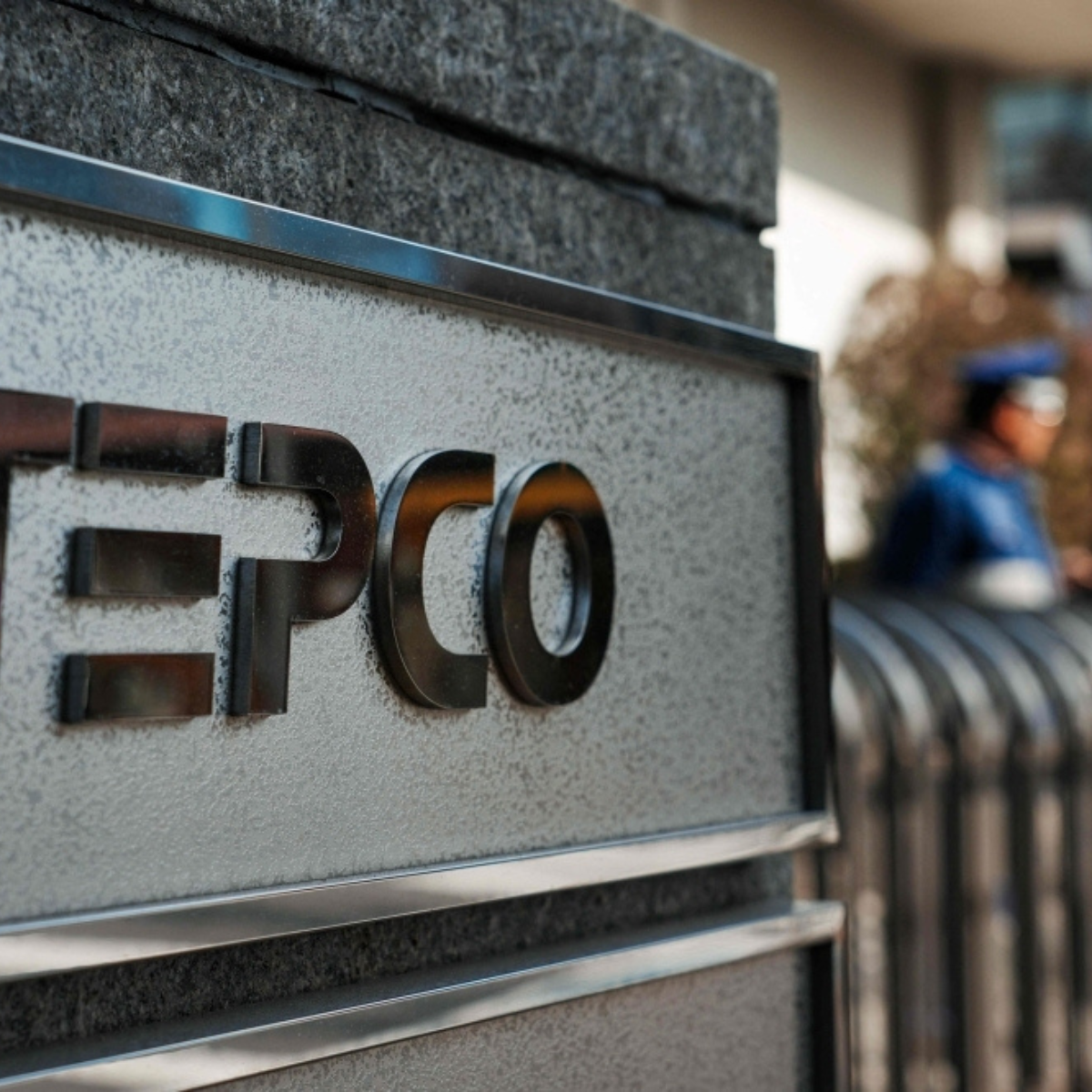KUALA LUMPUR, Jan 23 — Two foreign nationals have become the first individuals in Malaysia to be charged in court for littering under the newly enforced anti-littering law, according to a report by The Star.
MUZAFFARABAD (Pakistan), May 7 — Tensions between nuclear-armed neighbours India and Pakistan surged yesterday after India launched missile strikes on Pakistani territory, killing at least eight civilians, according to Pakistani officials, prompting immediate retaliation from Islamabad.
India claimed the attacks were “precision strikes” targeting terrorist camps at nine locations in Pakistan-administered Kashmir, following a deadly assault on Indian-administered Kashmir last month, which New Delhi blamed on a Pakistan-based militant group.
A video released by the Indian Army on X declared “justice is served,” with Indian authorities describing the strikes as “focused, measured, and non-escalatory.”
Pakistan’s Defence Minister Khawaja Muhammad Asif confirmed the casualties, including a child, and warned that “retaliation has already started.” He accused Indian Prime Minister Narendra Modi of using the attack to bolster domestic political support.
Pakistan’s military said the Indian missiles struck three locations in Pakistan-administered Kashmir and two in Punjab province — Bahawalpur and Muridke. AFP journalists reported hearing multiple explosions in both areas.
Shortly afterward, India accused Pakistan of returning fire across the Line of Control (LoC), the contested border in Kashmir, in exchanges also witnessed by AFP correspondents.
The escalation follows the April 22 attack in the Indian tourist town of Pahalgam that killed 26 people. India alleged the perpetrators belonged to the Lashkar-e-Taiba group, a UN-designated terrorist organisation based in Pakistan, though no group has claimed responsibility.
Pakistan has denied involvement and condemned India’s accusations, while nightly cross-border exchanges have continued since April 24. Pakistan also reported conducting two missile tests during this period.
Global Calls for Restraint
The latest strikes mark a sharp rise in tensions between the South Asian rivals, who have fought three wars since 1947. The international community has called for calm, warning against further escalation.
“The world cannot afford a military confrontation between India and Pakistan,” said UN spokesperson Stephane Dujarric, relaying a call for “maximum restraint” from Secretary-General António Guterres.
US President Donald Trump told reporters he hoped hostilities would “end very quickly.” Indian National Security Adviser Ajit Doval briefed US Secretary of State Marco Rubio, who also spoke with Pakistan’s National Security Adviser Lt General Asim Malik. Rubio later posted on X, urging continued dialogue toward a peaceful resolution.
Aftermath and Reactions
India’s military emphasized that the strikes were deliberately limited, avoiding Pakistani military facilities. Still, Pakistani Prime Minister Shehbaz Sharif denounced the attacks as “unprovoked” and “cowardly,” vowing they “will not go unpunished.”
Fighter jets were heard over Srinagar, and loud explosions shook the town of Poonch, near the LoC.
Kashmir has been a flashpoint since 1989, with insurgents seeking either independence or union with Pakistan. India frequently accuses Islamabad of backing these groups — a claim Pakistan rejects.
In the backdrop of the conflict, Iranian Foreign Minister Abbas Araghchi was scheduled to arrive in New Delhi, following a visit to Islamabad, in an apparent bid to mediate.
India also launched civil defence drills across several regions, while schools in Pakistan’s Punjab province were closed as a precaution.
The strikes came shortly after Modi vowed to stop the flow of river waters into Pakistan — a move seen as a threat to the decades-old Indus Waters Treaty, vital for Pakistan’s agriculture and water supply. While Modi did not name Pakistan directly, he declared: “India’s water used to flow out; now it will flow for India.” — AFP






